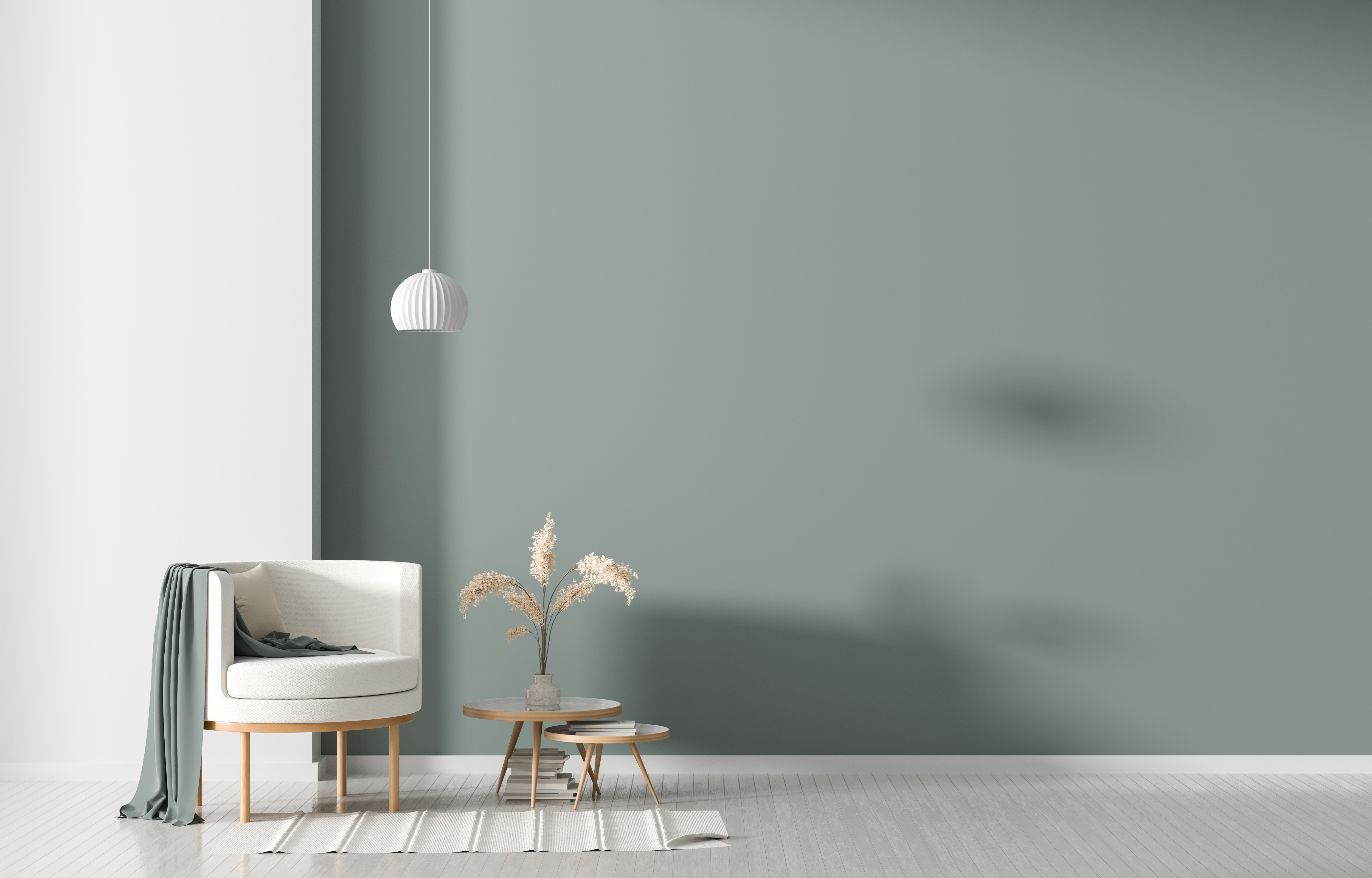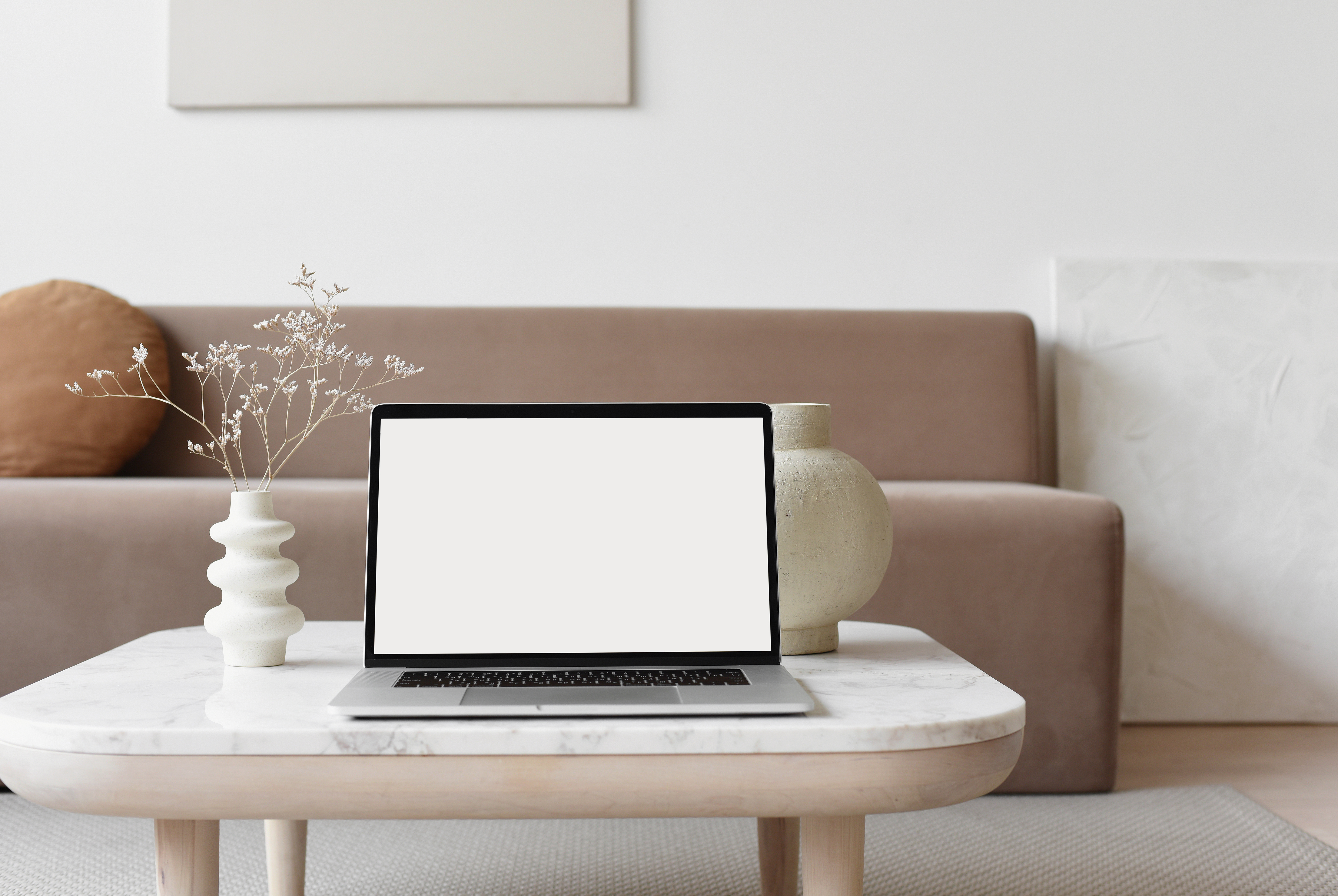Less is more: Living with less is eco-friendly
Minimalism is a lifestyle. We will tell you why living with less is more eco-friendly for the planet and, therefore, better for you.
IT’S ECO, IT’S LOGICAL
Share

Minimalism is a philosophy of life that focuses on essential things, on being able to live with little and on re-assessing our priorities, getting rid of clutter. This concept is closely linked to the environment, because minimalism promotes a more sustainable world.
Although minimalism is not incompatible with capitalism, it does appear to conflict with excessive consumerism. It began in the 60s in the US, linked to the art world. The term minimalism was coined by the English philosopher Richard Wollheim, in an article for Art Magazine from 1965.
What is minimalism
Minimalism means paying less attention to our belongings, rejecting the idea that happiness is linked to having. It centres around and focuses on what is really important, at heart.
To understand the minimalist lifestyle, we must simplify all aspects of life and reduce them to their simplest form. To sum up, reduce life to its essentials. However, that does not mean that having material goods is a bad thing. The problem lies in the importance we give to things or the ties that possessions give us.
For minimalism, we must live with few things, simplify, live in a simpler and more sustainable way. It means reducing the use and consumption of material possessions. But this does not mean living with shortages or hardship. What a minimalist does is identify what they need, what adds value to their life, and are just left with that, taking away their consumer cravings. This philosophy of life makes it possible to live in spaces that are free of junk, only have things with you that serve a purpose, without accumulating objects.

How to learn to live with less
- You can start by cleaning an area of your house that you use a lot and get rid of the objects that you do not use to organise the functional elements. This allows you to make decisions about what is important and what is not.
- With minimalism, the word throw out does not always mean 'throw away'. Objects that are no longer useful to one person can be very useful to others. Donating tools, clothing, furniture, utensils, or toys is a good option.
- The phrase "in case I need it" has no place in minimalism.
- Understand that things can be very convenient for our life, but are not essential, we need to leave behind the obsession of "having" and move towards "being". To achieve this, an exercise can be to list the ten things that are essential in your life. Then imagine that you can only keep half, with five. Then imagine that you can only keep half, with five. Afterwards, think that you can only have two, so cross three other things off the list that you would let go of. If you've been able to do it, you already know what eight things you could do without. Clean and tidy your house, thinking about what is really important. You will realise that you don’t need lots of things, so much furniture. Also, you will have much more time for yourself, since you will have less things to tidy and clean. If you have to buy something, choose those companies that are more sustainable, that respect decent working conditions, that consume less energy and resources ... And buy only what you need, without being influenced by advertising, fashion or society. Stop comparing yourself to others or wanting what others have. Focus on what makes you really happy.
- Apply the principle "one goes in, one goes out." This strategy will help you keep your number of belongings under control. When you buy something new or accept a gift, promise to throw away, sell or donate something similar that you already have.






